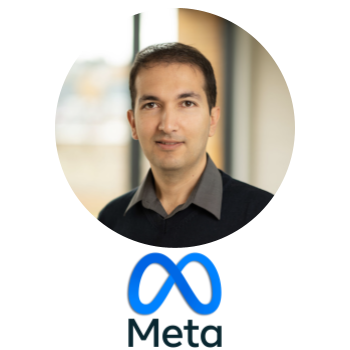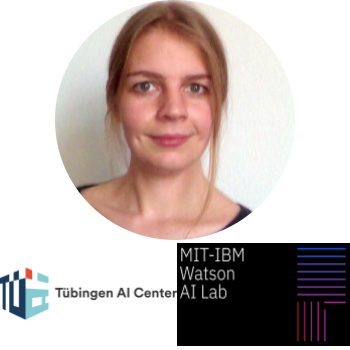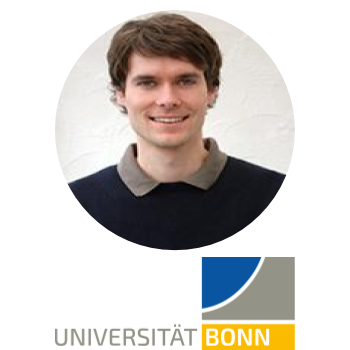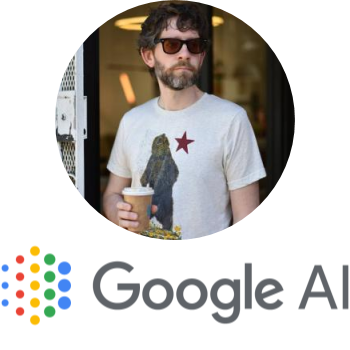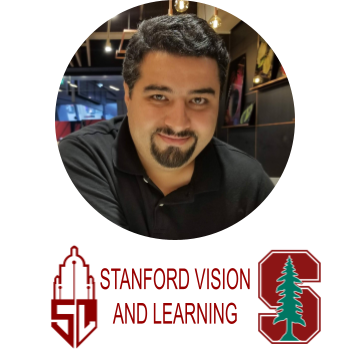Holistic Video Understanding is a joint project of the KU Leuven, University of Bonn, KIT, ETH, and the HVU team.
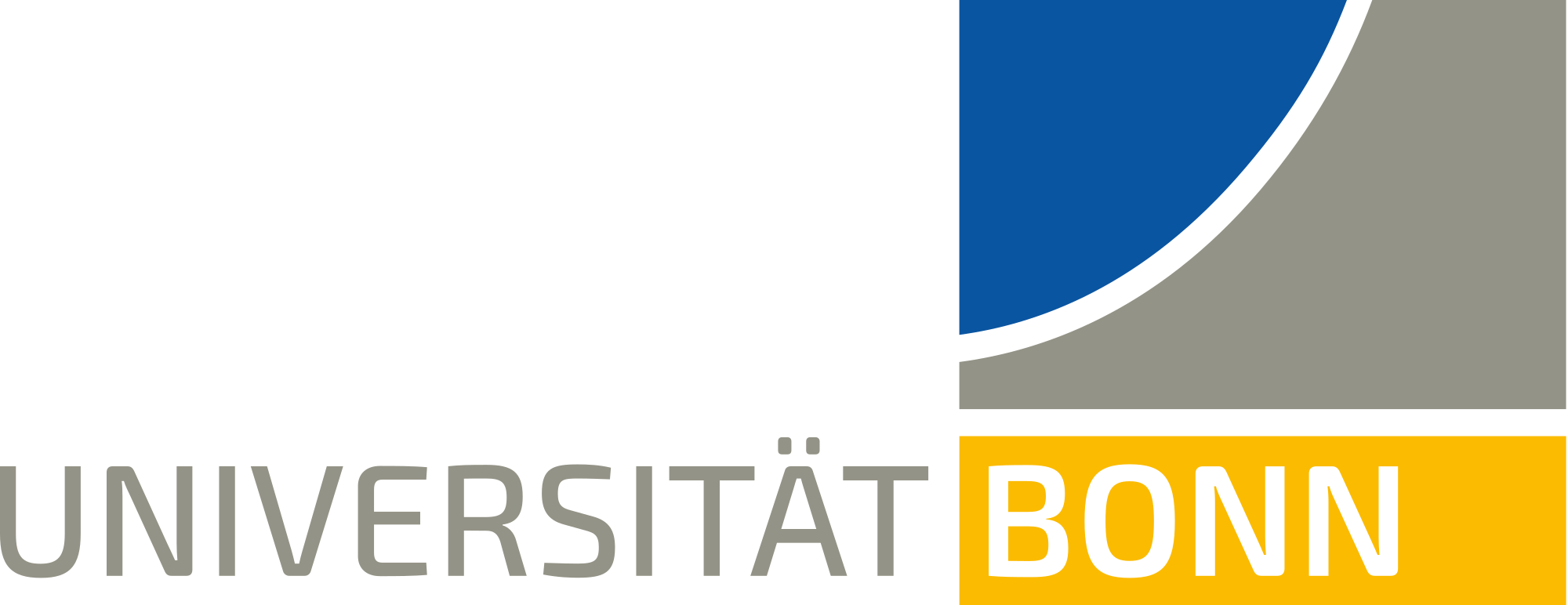

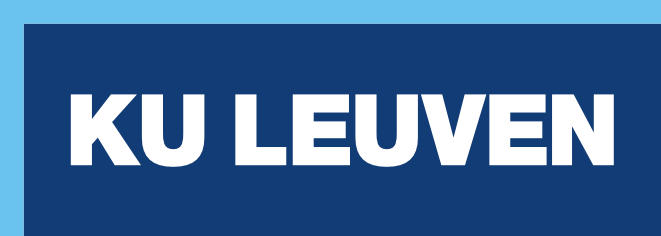


WHAT IS OUR GOAL?
This workshop aims to advance the field of video understanding by fostering discussions around holistic and generalist video foundation models. Building upon the Holistic Video Understanding (HVU) initiative and dataset introduced in 2019, we have successfully organized eight HVU workshops and tutorials at top-tier venues such as CVPR and ICCV, uniting researchers, practitioners, and students from around the world. These efforts have played a central role in moving the community beyond narrow action recognition tasks toward multi-faceted, semantic, and generalist video understanding.With the emergence of large-scale foundation models and video large language models (Video-LLMs), the landscape of video understanding is rapidly evolving. These models enable unified reasoning across spatial, temporal, and multimodal dimensions, yet introduce new challenges in scalability, efficiency, interpretability, and responsible deployment.The HVU Workshop 2025 will provide a platform to explore these frontiers, discussing topics such as multimodal representation learning, long-context reasoning, evaluation of general-purpose video systems, efficient adaptation and scaling laws, and the ethical and societal implications of video AI. Our goal is to bring together a diverse and inclusive community to define the next chapter of holistic, generalist, and responsible video understanding.
ABOUT THE WORKSHOP
In recent years, the rise of large-scale foundation models and video large language models (Video-LLMs) has transformed how we approach video understanding. Instead of task-specific networks, we now see generalist models capable of reasoning over long temporal horizons, aligning multiple modalities (vision, language, and audio), and adapting to a wide range of downstream tasks. These developments open new opportunities but also introduce challenges in scalability, efficiency, evaluation, and responsible deployment. In this edition of the HVU Workshop, we aim to bring together researchers and practitioners to discuss the advances and open questions in this new era of Video Foundation Models. Building on the legacy of holistic video understanding, this workshop focuses on unified architectures, training methodologies, and evaluation paradigms for generalist video models.
TOPICS
- Foundation models for video understanding and reasoning
- Multimodal and temporal alignment in video-language models
- Scaling laws, architectural design, and training strategies for video LLMs
- Evaluation and benchmarking of general-purpose video models
- Long-context modeling and memory mechanisms for video sequences
- Efficient adaptation and transfer learning in large-scale video models
- Synthetic data generation and curation for video foundation models
- Societal, ethical, and safety implications of video LLMs
- Responsible deployment and bias evaluation in multimodal models

